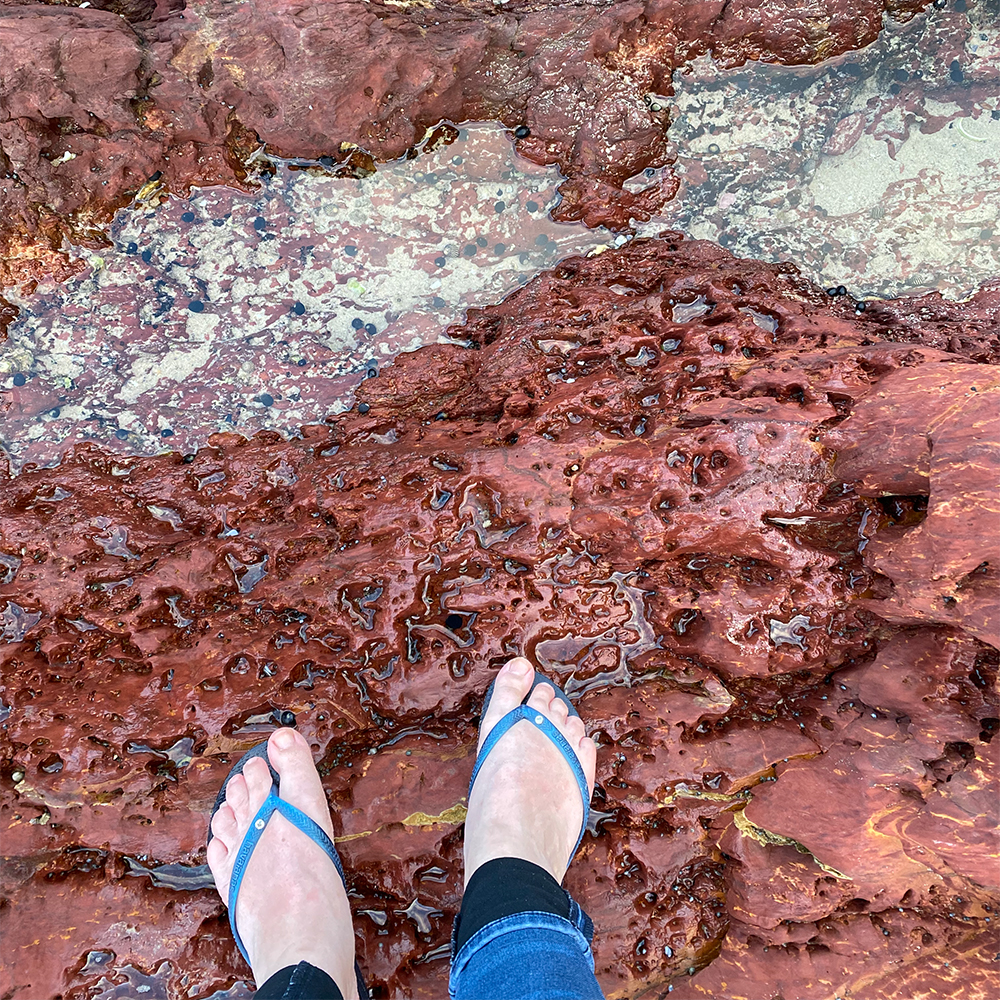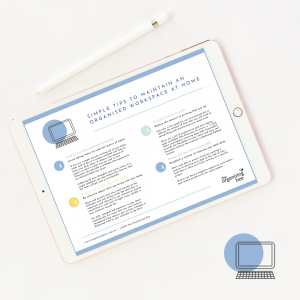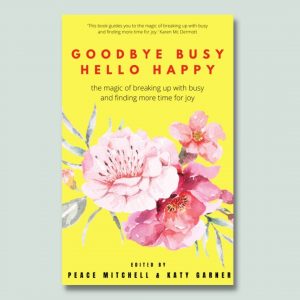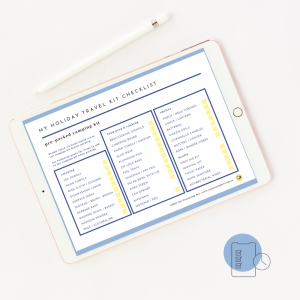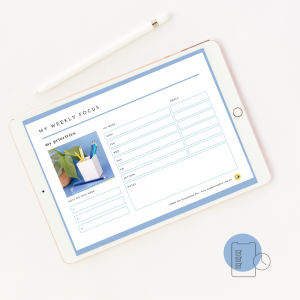The Science of Wellbeing by Professor Laurie Santos of Yale University
Back in 2020, whilst in our first Covid-19 lockdown I decided to take a couple of online courses run by Yale University (through the Coursera platform). The first was the Introduction to Psychology by Professor Paul Bloom, but the second course, which I want to explore with you today was The Science of Wellbeing by Professor Laurie Santos. I found the course, The Science of Wellbeing utterly fascinating. Granted it did take me on and off over 2 years to complete the 10-week course, but it was worth the effort in persevering. During the course, we looked deeply at ourselves. We explored our happiness level and character strengths with the overall goal of the course was to engage in a series of challenges designed to build more productive habits and it did that and more. Professor Laurie Santos really made me reflect on the overall goals or expectations that are put on us by society – we are told that a good job, lots of money, awesome things, true love and the perfect body will make us happier. However, Science and research tell us these materialistic things don’t actually make us happy. We think they will, but when we finally reach our goal or purchase the desired item, we are not as happy as we expect and our happiness level doesn’t actually change much. We are extremely happy for a short moment in time, but that high level of happiness doesn’t forever. In fact, it doesn’t last very long at all.
So why is this the case? Surely, when I can afford to buy my dream home and that designer handbag and shoes, I will be happy, right?
But no, Professor Laurie Santos of Yale University explored a vast array of research studies to back up this claim. The research looked at society’s misconceptions about happiness, the ‘stuff’ that we buy and fill our homes with because we believe they will make us happy, but don’t. These purchases do give us a quick hit of happiness until the dopamine hits we receive from buying and using the item for the first few times wears off and as soon as we get used to it that happiness dissipates.
So if material items, more money or a big promotion aren’t going to make us happier – what will? How does the Science of Wellbeing fit into the picture?
The answer is pretty simple. The things that are going to make us happier are the things that are linked to our well-being. Research science says that the things that make us happier are:
KINDNESS
- Doing kind things makes us happier and we receive greater recognition for our kindness (Otake et al 2006).
- Thinking about kind things you have done in the past can make us happier (Lyubomisky et al 2005).
- Spending money on others can make us happier than spending the money on ourselves (Dunn 2008).
SOCIAL CONNECTIONS
- Being around other people makes us happier, more than we anticipate that it will.
- Those with close social ties are less vulnerable to premature death, more likely to survive fatal illness and less likely to fall prey to stressful events (Myers 2000).
- Connecting with strangers can increase our positivity. It’s a common belief that this will make us feel awkward or strange, but in fact, it increases our personal level of happiness and that of the strangers we connect with (Epley & Schroder 2014).
TIME AFFLUENCE (TIME TO DO THE THINGS YOU WANT)
- People who prioritise their time over making money are happier (Williams et al 2016).
- Spending time on the things we enjoy makes us happier. Imagine all the things you could do if you were satisfied with what you have and not working overtime constantly chasing that next big promotion.
MIND CONTROL (MEDIATION AND MINDFULNESS)
- Mind-wandering is believed to have a negative effect on our happiness as it can lead often lead to self-criticism. Meditation can make us happier as it can stop our mind from wandering and allows us to just be (Fredrickson et al 2008).
- Mediation is also known to build and strengthen brain tissue over time and boost cognitive abilities (Mrazek et all 2013) which enables us to keep focus during the day (Brewer et all 2011).
EXERCISE
- Not only can we get an endorphin hit after exercising, but exercise can increase cognitive outcomes, and research has shown a link between our academic achievement and fitness in children and adults (Hillman 2008).
SLEEP
- We all know how grumpy and emotional we can get without sleep, so it’s no surprise that the better quality of sleep that we have, the better we feel emotionally.
- Sleep also increases our learning outcomes, concentration and cognition which means we can get more complex things done faster. (Dinges et all 1997 & Wagner 2004)
So it appears according to research, our long-lasting happiness has nothing to do with our wealth or material possessions at all. Interesting stuff! There was a lot of qualified research done to support each of these claims. If you are interested in anything specifically, please touch base with me and I can share more info, otherwise, you may wish to complete The Science of Wellbeing course yourself. It’s free online.

